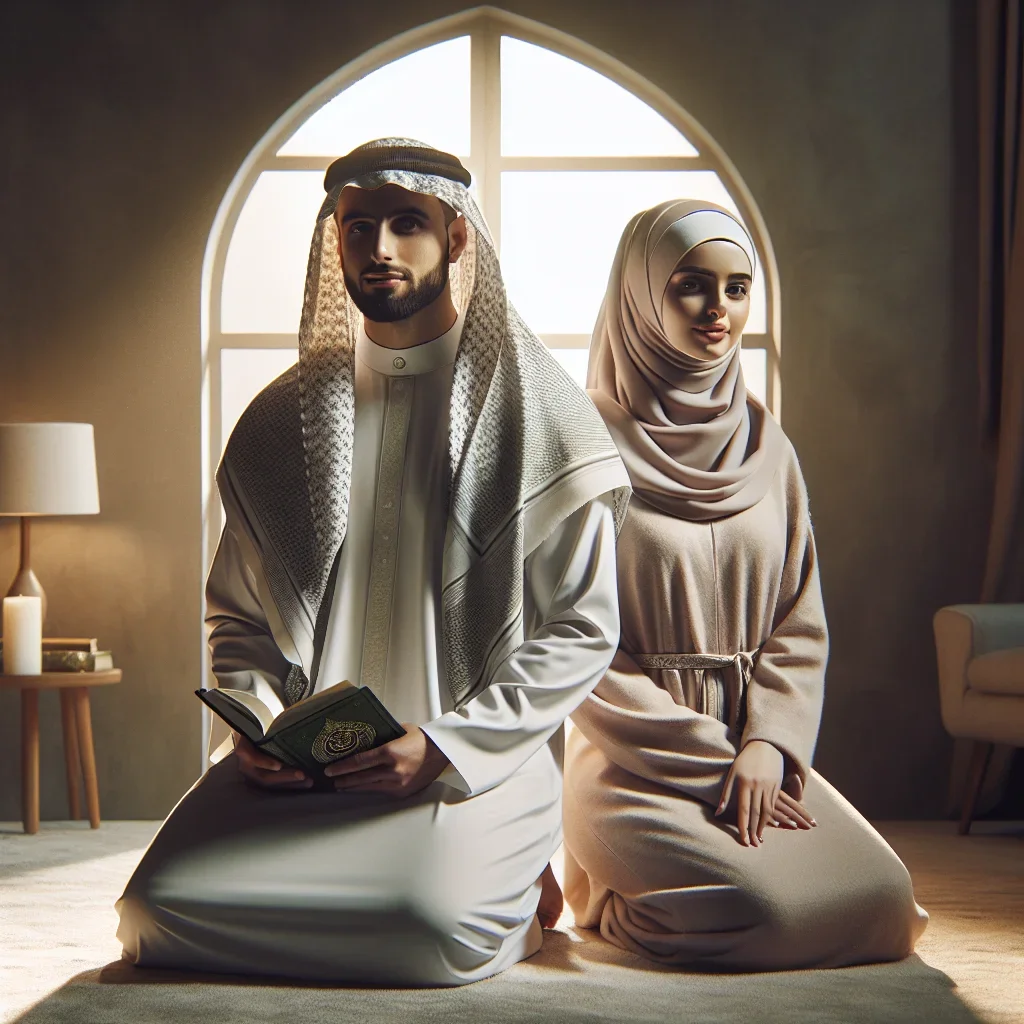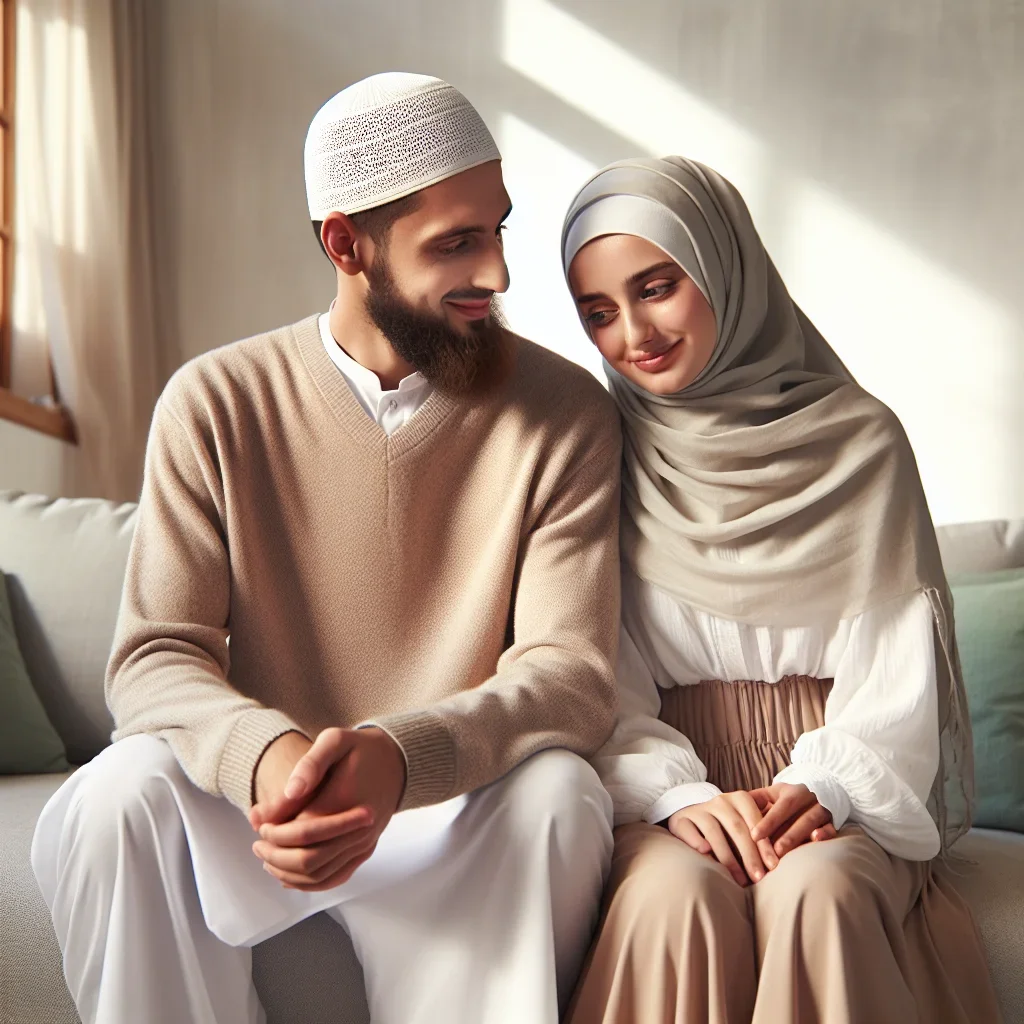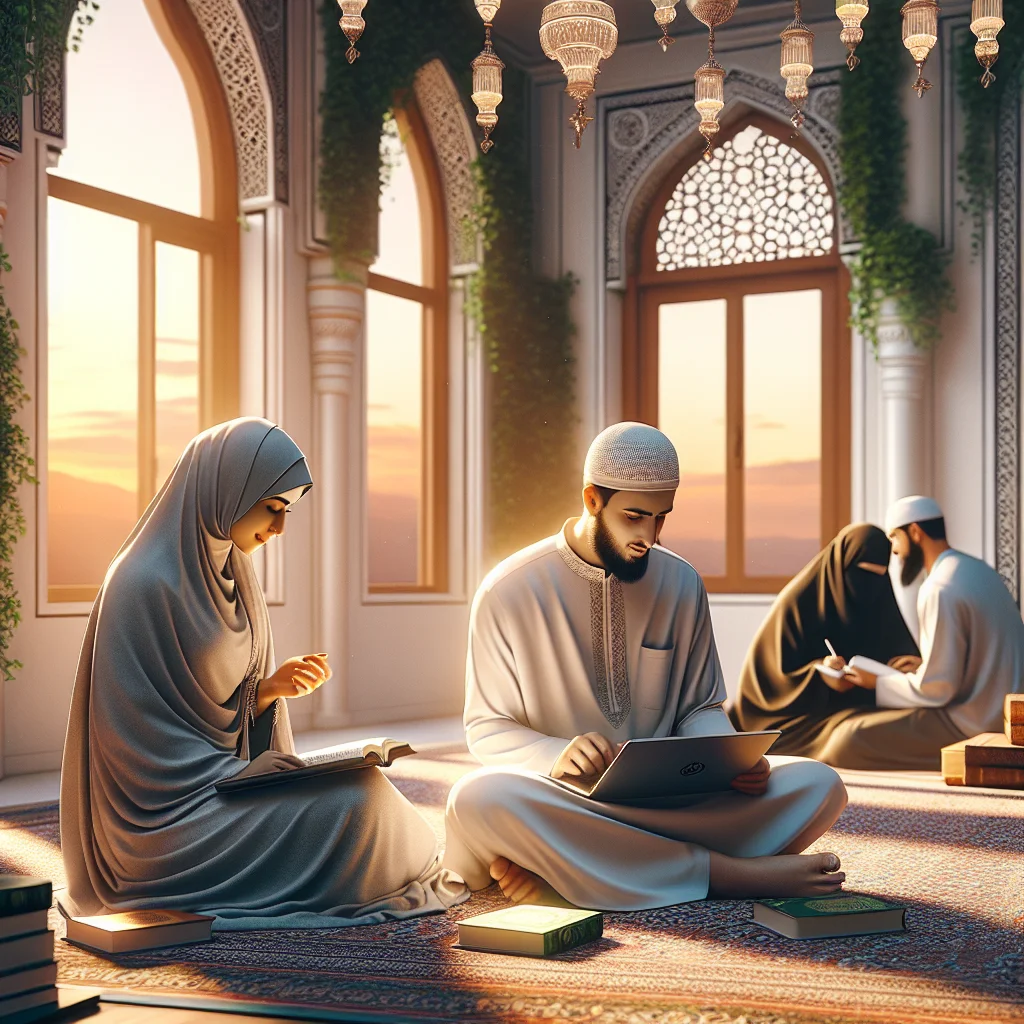```html
Evolving Roles: Navigating Gender Dynamics in Modern Muslim Marriages
Evolving Roles: Navigating Gender Dynamics in Modern Muslim Marriages
In the present-day society, the dynamics of gender roles within marriages have been subjected to significant changes, even within the confines of Islamic values. The evolving landscape of gender roles, influenced by cultural shifts, changing norms, and individual aspirations, necessitates a reevaluation of traditional paradigms. Muslim couples today are faced with the unique challenge of navigating through these changing dynamics while upholding the principles and teachings of Islam.
Islamic teachings emphasize the importance of mutual respect, understanding, and cooperation between spouses. The Quran describes the relationship between husband and wife as one of love, mercy, and tranquility. It encourages both partners to support each other, communicate openly, and treat each other with kindness. These principles form the foundation of a healthy and successful marriage in Islam.
While the Quran lays down general guidelines regarding the roles and responsibilities of husbands and wives, it also allows for flexibility and adaptation based on individual circumstances. In modern Muslim marriages, couples are redefining traditional gender roles to better suit their needs and preferences. Some couples choose to divide household chores and childcare responsibilities based on mutual agreement rather than rigid gender norms.
Empowering each other to pursue education, career goals, and personal interests is also becoming more prevalent among Muslim couples. Islam encourages seeking knowledge and personal development, regardless of gender. Supporting each other's ambitions and aspirations can lead to a more fulfilling and balanced partnership.
Communication plays a crucial role in navigating gender dynamics within a marriage. Open and honest communication allows couples to express their needs, concerns, and expectations effectively. By fostering a culture of dialogue and understanding, spouses can address potential conflicts or misunderstandings before they escalate.
Respecting each other's opinions, feelings, and boundaries is essential in maintaining harmony and unity within a marital relationship. Islam teaches that both partners are equal in the sight of Allah, and they should treat each other with dignity and compassion. By acknowledging and valuing each other's contributions, Muslim couples can build a strong and supportive bond.
It is important for Muslim couples to seek guidance from Islamic scholars, marriage counselors, and mentors who can provide advice and support in navigating modern gender dynamics. Understanding the Islamic perspective on marriage and gender roles can help couples align their decisions and actions with the teachings of Islam.
Ultimately, the key to a successful marriage lies in mutual respect, cooperation, and commitment to upholding Islamic values. By adapting to changing gender dynamics while staying true to the teachings of Islam, Muslim couples can create a loving and fulfilling partnership that reflects the beauty and wisdom of Islamic principles.
To find a righteous partner, install the Good Spouse app: http://goodspouse.com/go/en.
``` This HTML code presents your blog post titled "Evolving Roles: Navigating Gender Dynamics in Modern Muslim Marriages" in the desired format, discussing the evolving gender roles within modern Muslim marriages.
Install the Good Spouse app: ⬇️⬇️⬇️⬇️⬇️




